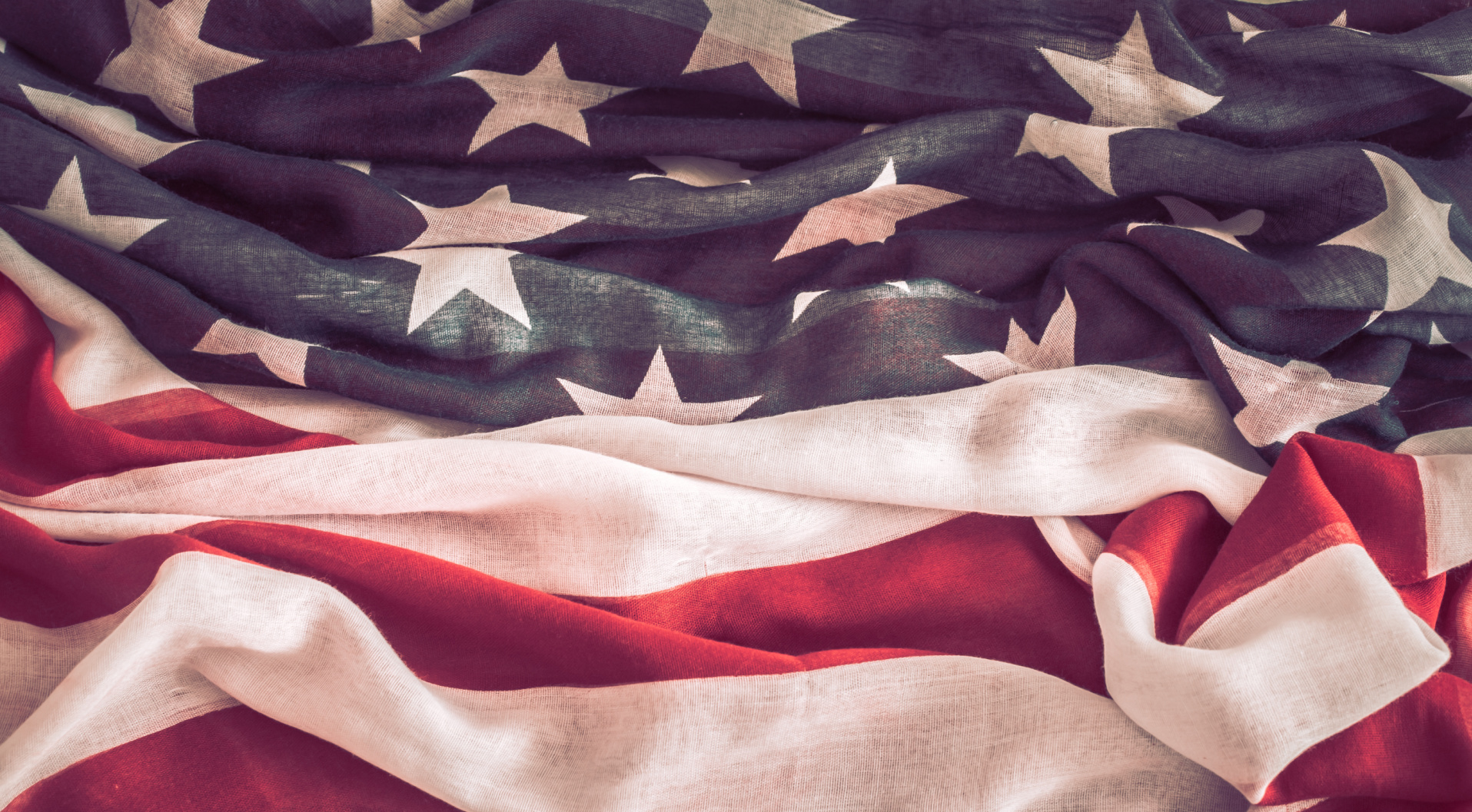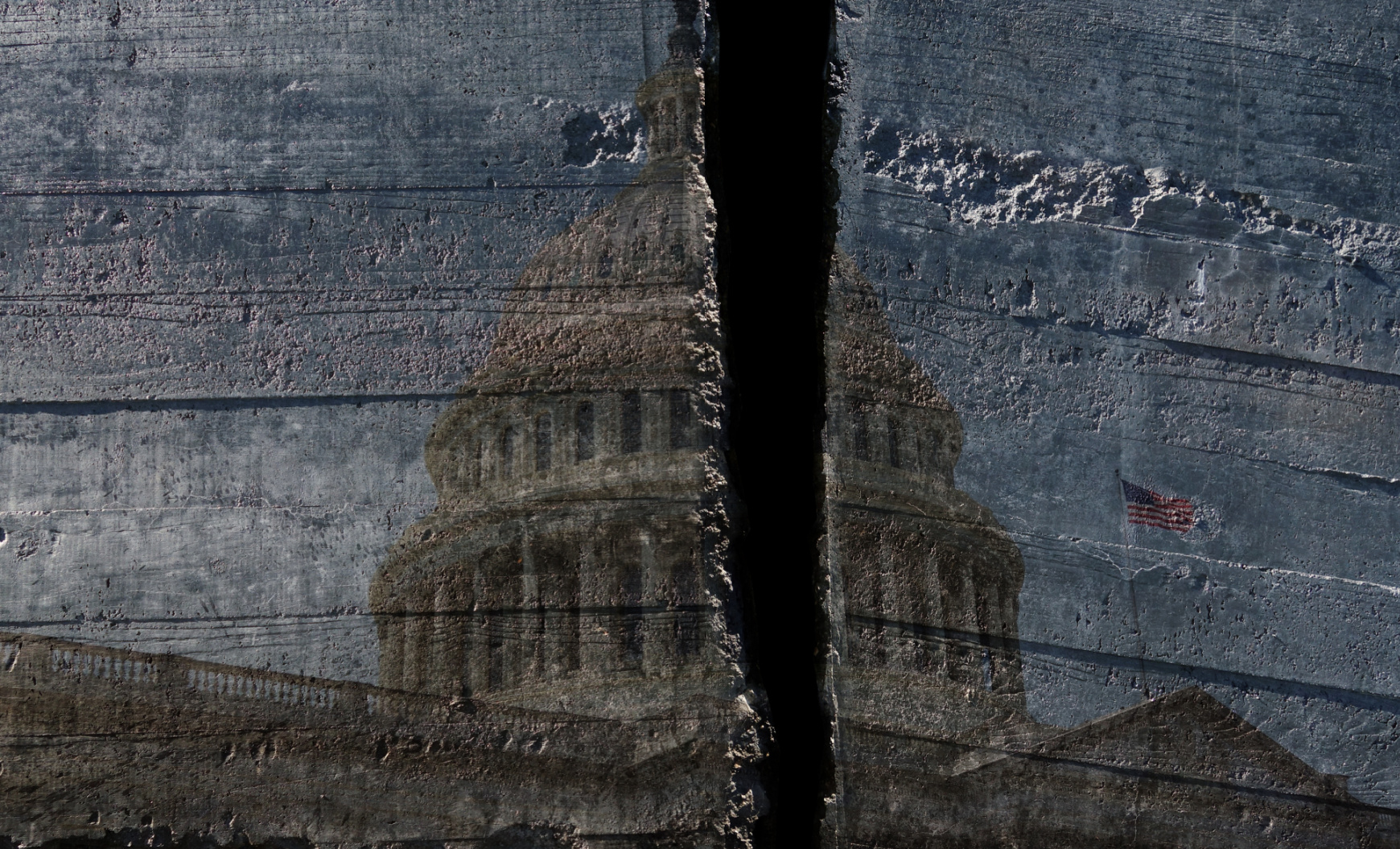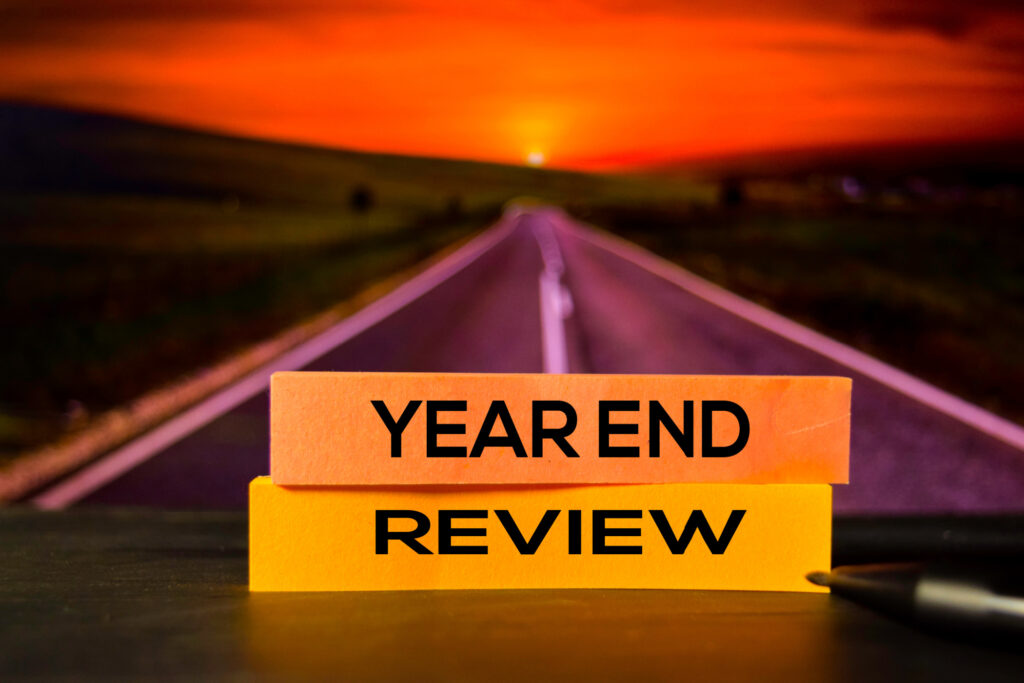
A Nation That Once Agreed on Problems
For most of my life, there was widespread agreement as to what the problems were that we wanted to prioritize and solve. Advocating for which policies should be pursued to achieve a solution depended on where you were on the conservative-liberal spectrum. My thesis is that no longer is the situation. Today, the massive divide in our politics starts with disagreement about what it is that needs fixing.
How We See America
There are plenty of examples to be cited, but we can start with how we view the country itself. From day one, Think American News has highlighted this depressing reality. Do you think we should spend more time studying our culture, history, and traditions from the standpoint that these are what make us strong and are the fabric of finding answers today, or do you take the position that from the start, America has essentially been defined by our colonization of Native American land, racism, sexism, and many other deficiencies? Do you think we should be proud of our country, or, if we are “honest with ourselves,” need to accept that our shortcomings are too many and too real to have reason to believe in anything such as American exceptionalism? I vote for patriotism, but I have family who would tell you that is not warranted.
The Crime Divide
How about crime? Which do you think is the bigger problem—law enforcement using unreasonable force (especially against minorities), or allowing criminals, including violent ones, to roam our streets? I would argue you can find excessive use of force wrong and deserving of punishment without pretending that the level of crime, especially in our urban centers, is not the larger problem.
Capitalism or Socialism?
The economy? Which do you prefer, capitalism or socialism? We can address problems that come from capitalism without any need to conclude that the government could do a better job when it comes to addressing them. Who do you trust to make basic decisions? Is it individuals in a free market with some guard rails, or the government bureaucracy? Give me door one.
Who Controls Education?
You cannot leave out education. Who do you believe should determine what is taught in our schools? Parents and communities or the education bureaucracy? Who gets to make the mistakes? Is it parents and communities or the education bureaucracy? What worries you more, the cold, hard fact that students today repeatedly score worse and worse on reading and math tests, or that the child is not being sufficiently exposed to matters of sexuality, racism, and sexism? Again, I will take door one.
What Holds Society Together?
What’s your view of what would be the fabric of a functioning society? Should it be individual freedom, liberty, and responsibility, or celebrating an “it takes a village” approach that allows these freedoms to be curtailed to assure “good” things (as defined 100 percent by a liberal ruling class), and dependence on government to best provide for us all?
Facts vs. Feelings
What is the intellectual framework you prefer to identify and address problems, great and small? Is the premium on fact, logic, and reason, or do you favor narrative, confirming the narrative, and prioritizing feelings and emotions? Recently, Congresswoman Alexandria Ocasio-Cortez (AOC) argued it was more important to be morally correct (what group two argues they are) than to be factually correct. Those of us in group one wonder how it is even possible to have one without the other. We refuse to yield to the premise that you can be morally correct when it flies in the face of fact, logic, and reason.
The Real Divide
The political struggle in our country today is prompted primarily by what people think the problems are that deserve attention and focus. It is an understatement to conclude that the gap is tremendous when it comes to those who believe our country is basically good and those who do not. To be fair, many of those who are in the “do not” group will tell you they believe there is a promise of greatness, it just has never yet been present.
The Search for Solutions
Remember this: Until there is consensus as to what is good and bad about our country, searching for answers that fix things will be a lonely quest.
RECENT
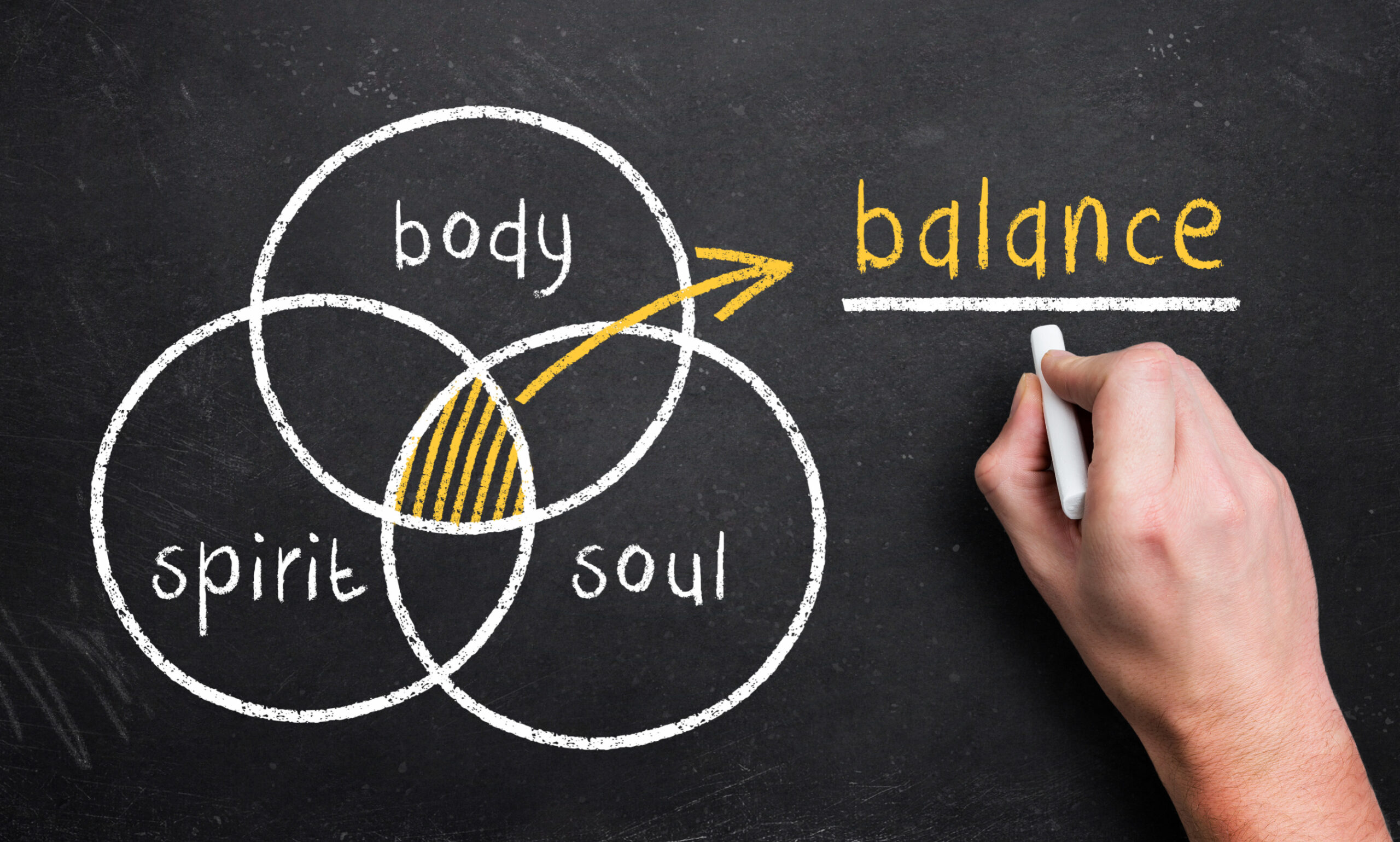
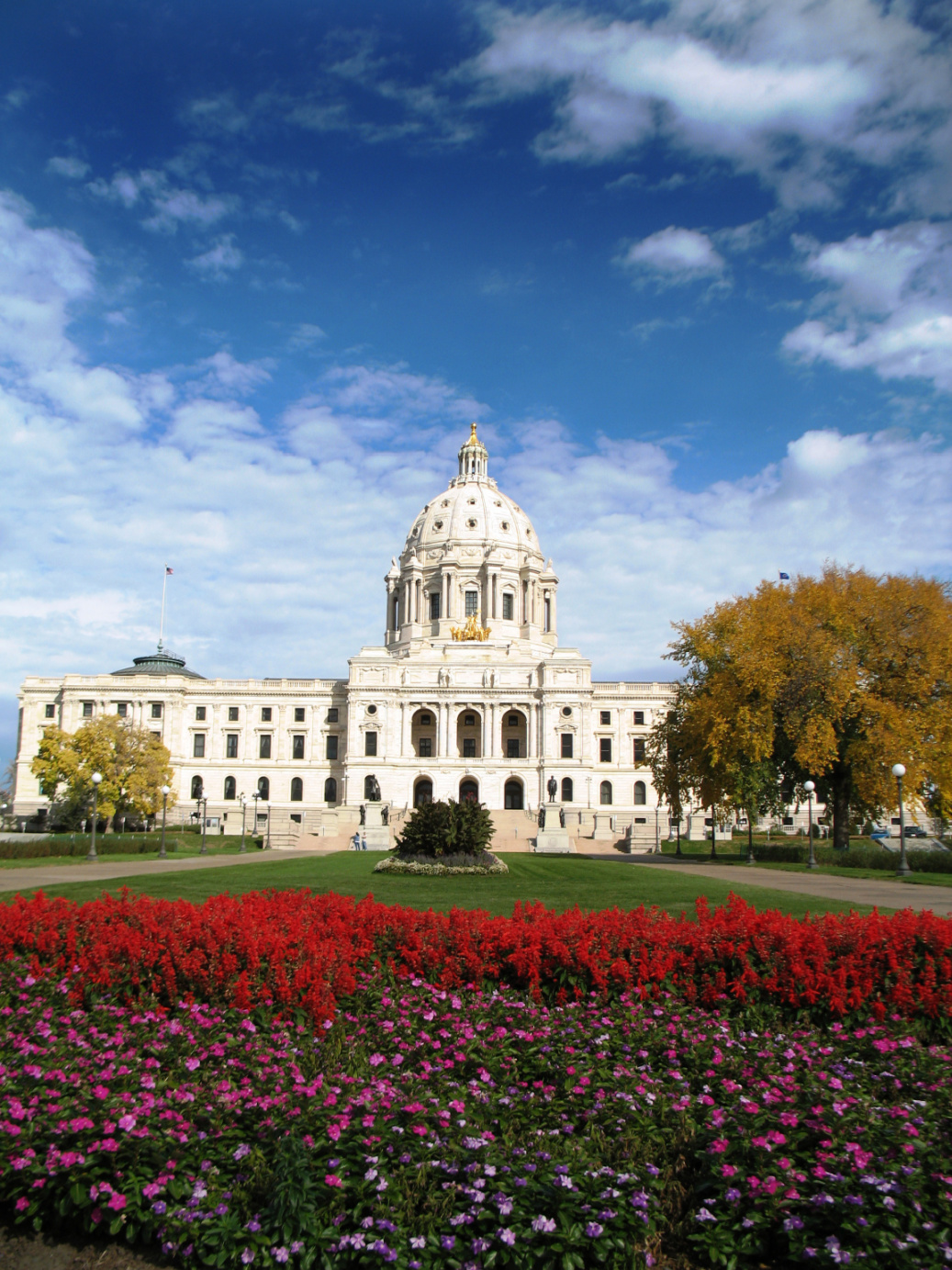
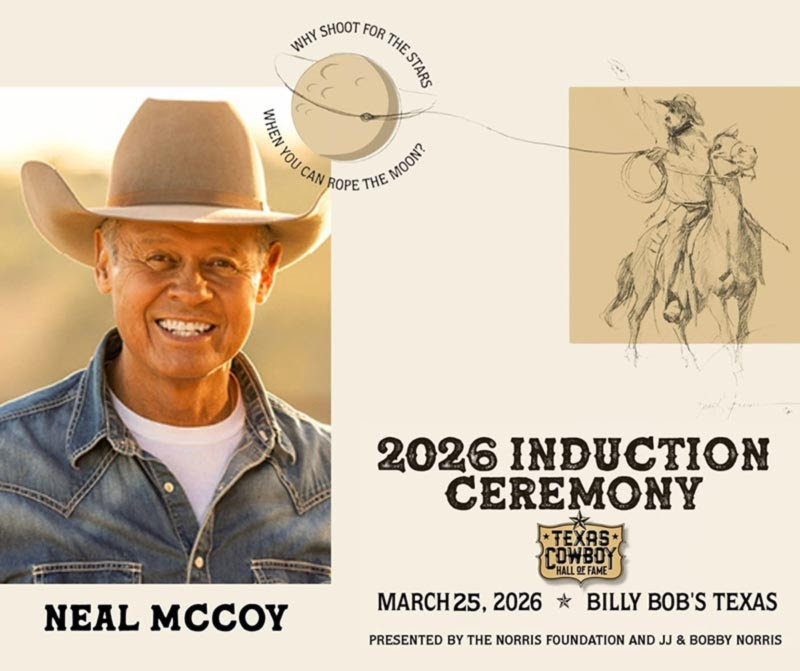







BE THE FIRST TO KNOW

More Content By
Bill Greener